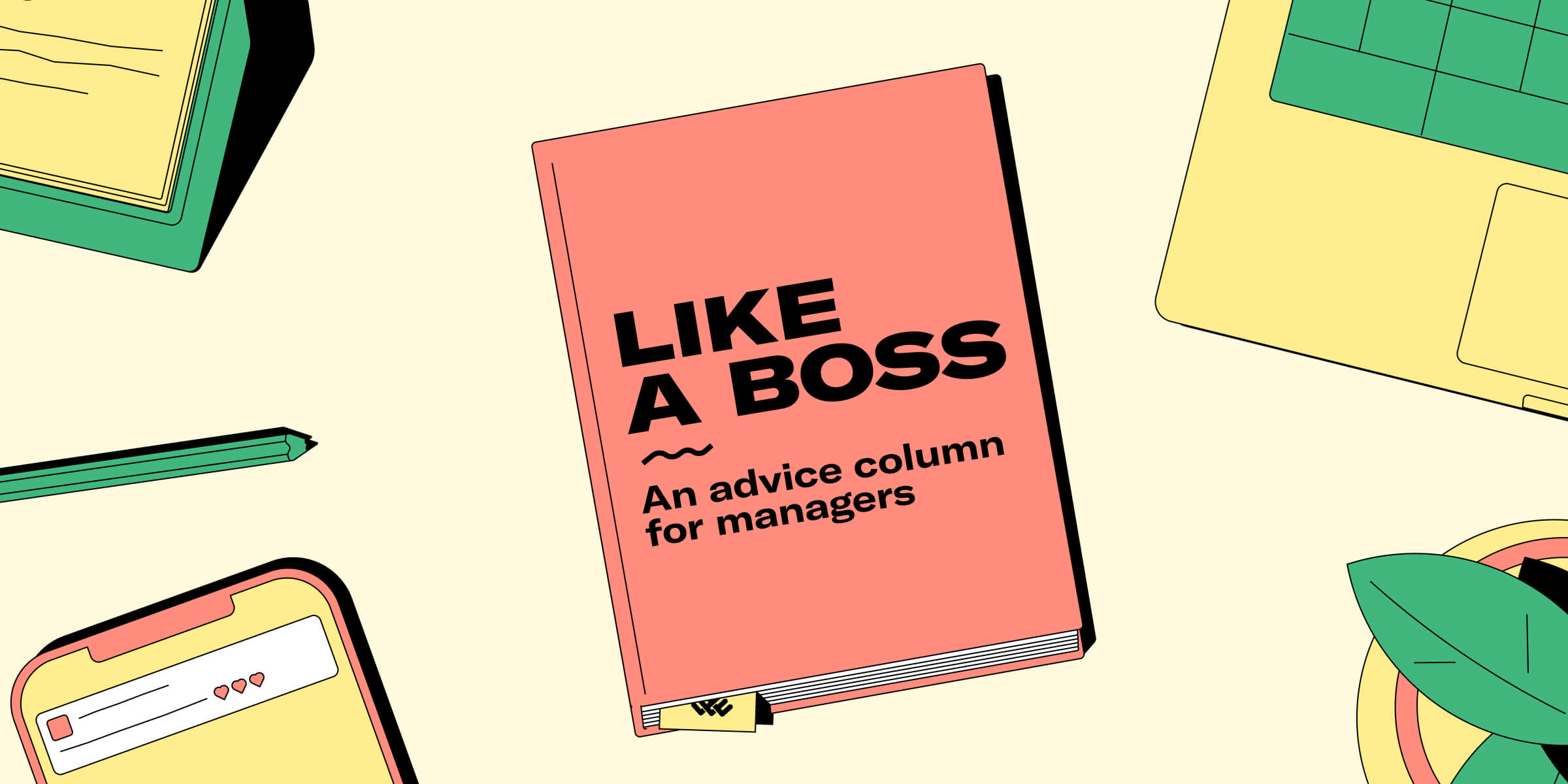I was hired as a bookkeeper for a Bay Area-based internet service provider in the late ’90s. It was a startup in modern parlance, and I did everything from accounting to reception, taking on all the assorted tasks that tend to fall into the lap of whoever mans the day to day of a small business.
One of these roles was technical support, a job I quickly took to. The phones didn’t usually ring unless there was a problem with connectivity, and my curiosity and eagerness to solve problems on my own led me to become “tier one tech support” on my own initiative. I asked questions of the technical people so I could better answer customer queries and have fewer escalations. I was pretty proud that I was transferring fewer and fewer calls after my first six months.
My boss noticed. As I learned more on my own, he began answering my questions in greater detail. When we would talk, he began taking extra time with his answers, and the meetings grew into hours-long teaching sessions. I listened to calls being handled that I had to transfer and learned the next steps of troubleshooting. When I would say that I didn’t know how to do something or that it was too hard, he’d offer the simple idea that this is just testing a variable. "You’re using scientific method, I’m just teaching you the variables.” It seemed easy when you broke it down like that.
Just shy of working there for a year, my boss gave me a gift: “Where Wizards Stay Up Late: The Origins of the Internet” by Katie Hafner. It entranced me. By the time I left four years later, as DSL proliferated and the tech bubble burst, I was learning network design. He saw my potential and changed the entire trajectory of my career.
“As I learned more on my own, my boss began answering my questions in greater detail.”
Then, in 2008, I was laid off—right as the economy crashed. He had contacted me about a month earlier to ask if I was interested in coming back, but I had to explain I had just switched jobs so I couldn’t switch again in good conscience.
When I lost my job, I cleaned my desk and called him from my car. He emailed back saying he still had the opening, and asking if I could interview tomorrow. I did, and had an offer in hand 72 hours after being laid off.
This time I was working for him as an engineer, and I was surprised at how easily I fell into the groove of the job. He didn’t have much time to help me, but this was nine years later, and I didn’t need it. I was ready to teach someone else instead.







